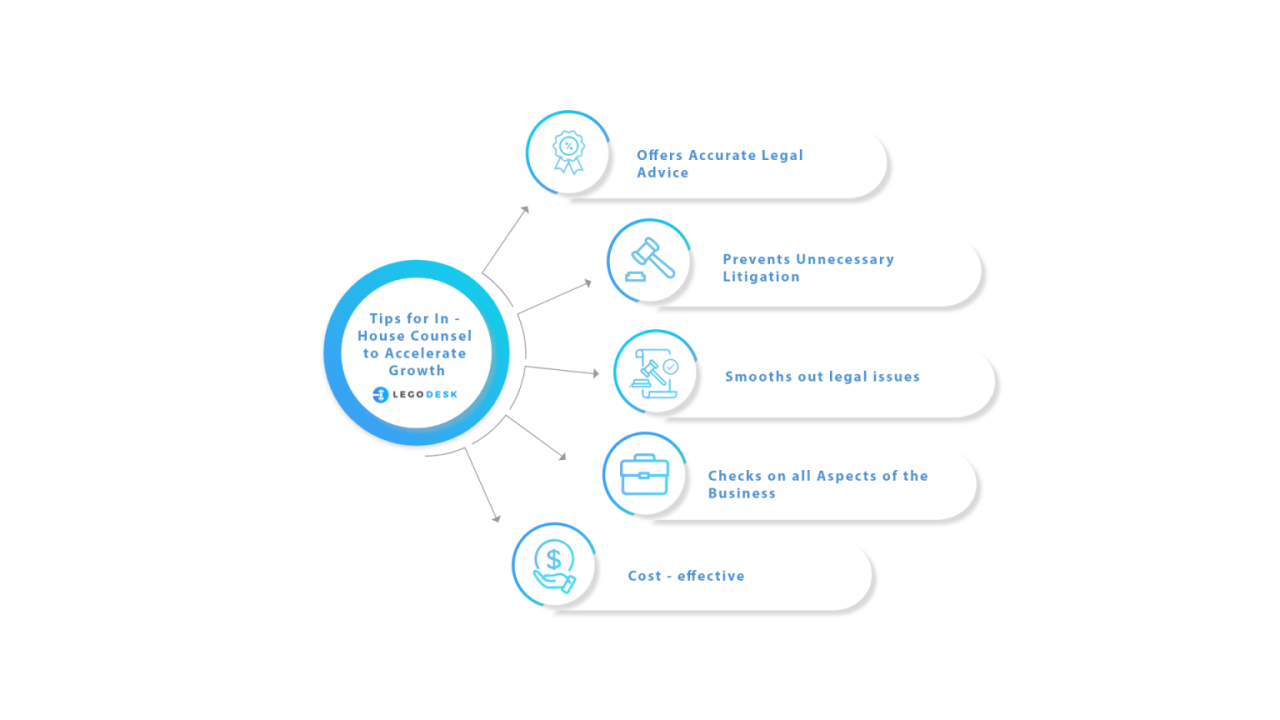Introduction
Divorce can be financially taxing, especially for those on a tight budget. However, with careful planning and practical strategies, navigating divorce without breaking the bank is possible. In this article, we’ll explore some essential tips for managing divorce on a limited income.
Assess Your Finances
Before diving into the divorce process, it’s crucial to assess your financial situation thoroughly. Take stock of your assets, debts, and income streams. Understanding your financial landscape will help you make informed decisions moving forward.
Create a Realistic Budget
Once you have a clear picture of your finances, create a realistic budget tailored to your new circumstances. Identify essential expenses such as housing, utilities, and groceries, and prioritize them accordingly. Cut back on non-essential spending to ensure your budget remains manageable.
Explore Alternative Dispute Resolution
Traditional divorce proceedings can be expensive due to legal fees and court costs. Consider alternative dispute resolution methods such as mediation or collaborative divorce. These options often cost less than litigation and can help you reach amicable agreements more efficiently.
Educate Yourself on Legal Options
While hiring a lawyer is advisable in most divorce cases, there are ways to minimize legal expenses. Educate yourself on your rights and legal options to avoid unnecessary consultations or court appearances. Utilize online resources and self-help guides to familiarize yourself with the divorce process.
Prioritize Your Needs
During divorce, it’s essential to prioritize your needs over wants. Separate emotions from financial decisions and focus on securing your financial stability post-divorce. Make strategic choices that align with your long-term financial goals rather than short-term desires.
Maximize Available Resources
Take advantage of available resources to alleviate financial strain during divorce. Research government assistance programs, community resources, and support networks that offer financial aid or counseling services. Don’t hesitate to seek help when needed.
Negotiate Wisely
Negotiation plays a significant role in the divorce process, especially concerning financial matters. Approach negotiations with a clear understanding of your financial needs and objectives. Be willing to compromise but stand firm on essential issues to protect your financial interests.
Explore Creative Solutions
Think outside the box when it comes to resolving financial disputes during divorce. Consider creative solutions such as asset sharing, debt consolidation, or shared expenses to minimize costs and maximize resources. Collaborate with your ex-spouse to find mutually beneficial arrangements.
Focus on Long-Term Financial Health
While it’s tempting to focus solely on immediate financial concerns, don’t lose sight of your long-term financial health. Invest in building a solid financial foundation that will sustain you beyond the divorce. Seek professional financial advice if necessary to ensure your financial future is secure.
Maintain Open Communication
Effective communication is key to navigating divorce on a tight budget. Keep lines of communication open with your ex-spouse regarding financial matters, especially if children are involved. Collaborate on budgeting and financial planning to ensure the well-being of everyone involved.
Seek Emotional Support
Divorce can take a toll emotionally, which can, in turn, impact your financial decisions. Seek emotional support from friends, family, or a therapist to help you cope with the challenges of divorce. Emotional well-being is essential for making sound financial choices.
Conclusion
Navigating divorce on a tight budget requires careful planning, strategic decision-making, and a willingness to explore alternative solutions. By assessing your finances, creating a realistic budget, and prioritizing your needs, you can successfully navigate the divorce process without compromising your financial stability. Remember to seek support when needed and focus on building a bright financial future beyond divorce. Read more about low income divorce




